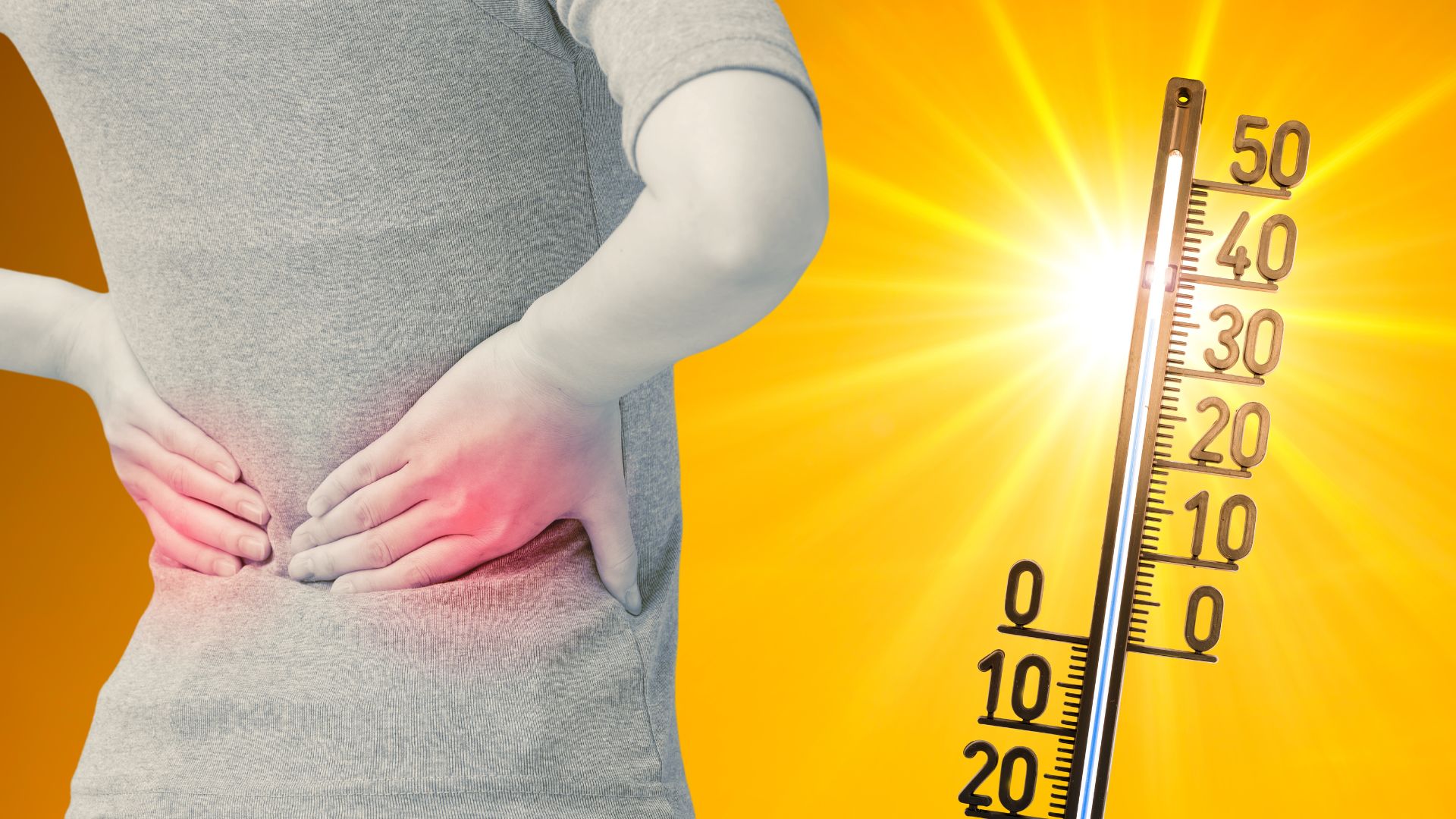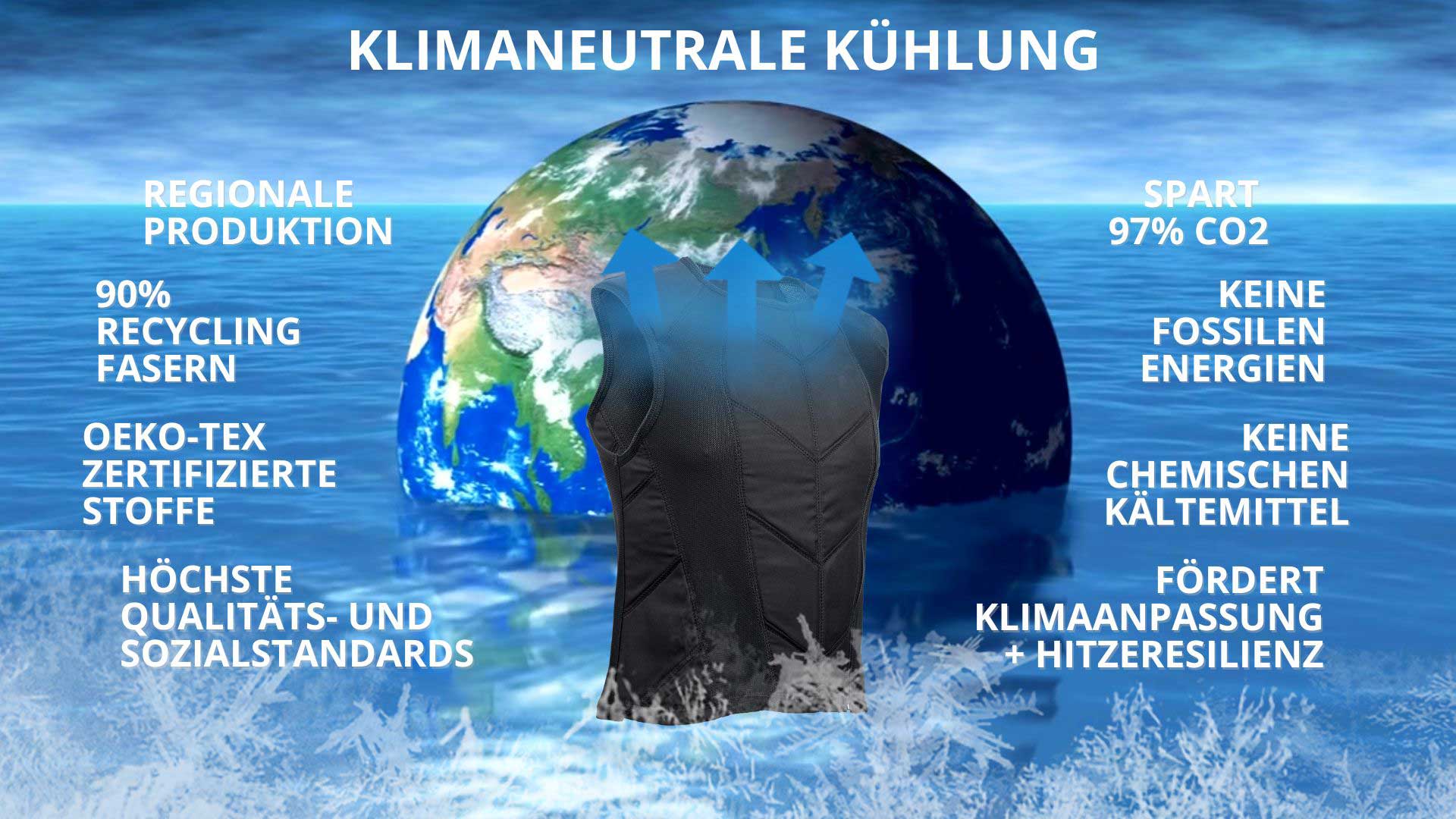In recent years, numerous studies have shown how much strain heat puts on the cardiovascular system, metabolism and lungs. But now another organ is becoming the focus of scientific attention: the kidneys. The latest studies suggest that the incidence of kidney disease increases at high temperatures – and this has far-reaching consequences, especially in hot workplaces.
Why heat damages the kidneys
High temperatures place an enormous strain on the entire body, but the kidneys are particularly vulnerable. Here are the main reasons why kidney disease increases in the heat:
- Dehydration: When it’s hot, we sweat more, which causes the body to lose a lot of fluid. This puts additional strain on the kidneys
- Electrolyte imbalance: Excessive sweating not only causes fluid loss, but also the loss of important electrolytes. An imbalance can lead to serious complications.
- Worsening of existing illnesses: People who already suffer from kidney problems are particularly susceptible to heat-related complications. Heat can exacerbate existing conditions and increase the risk of acute kidney failure.
- Increased environmental pollution: Heatwaves are often accompanied by poor air quality. Increased air pollution can also have a negative impact on kidney health.
Kidney disease - not just a problem for older people
This risk does not only affect older people. A study of US soldiers working in extreme heat conditions also showed increased rates of kidney problems.
Heatwaves and acute kidney failure
Of particular concern is the link between heatwaves and acute kidney failure. In the case of heat stroke – a life-threatening reaction to extreme heat that leads to fever, loss of consciousness and possibly seizures – a study from Chicago showed that 50% of those affected developed acute kidney failure. In another study, 10-30% of heatstroke-associated cases even required dialysis.
Are hot workplaces particularly at risk?
Whether hot workplaces automatically cause more kidney problems has not yet been fully investigated. But the results from the US soldiers suggest that heat in the workplace could be a major risk. Further studies are definitely needed here.
Protection against heat: an important measure for the kidneys
However, one thing is clear: it makes sense to reduce the effects of heat on the body as much as possible – especially in hot workplaces where the strain is already high. E.COOLINE cooling vests offer an effective way of reducing heat stress. These provide a pleasant cooling effect without directly cooling the kidneys – a “kidney-friendly” solution that relieves the body and keeps it healthy at the same time.
















